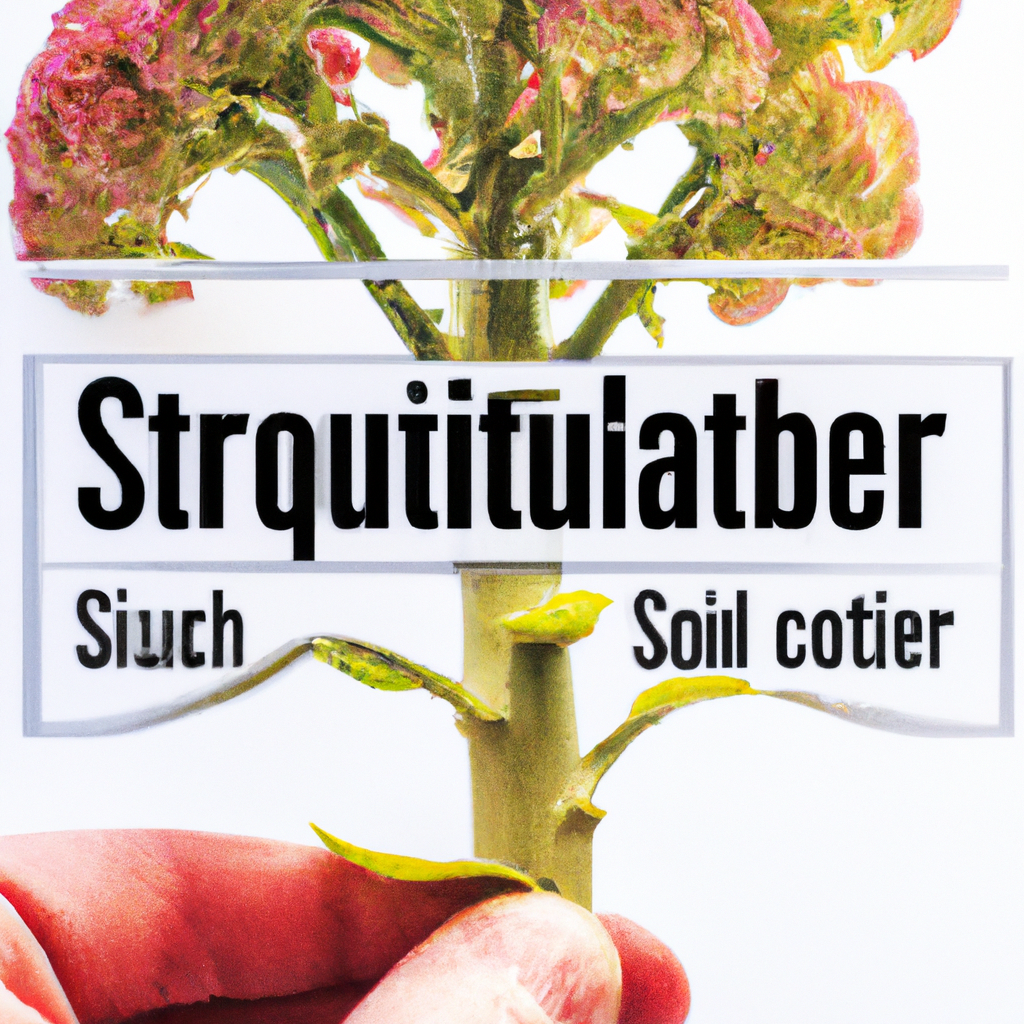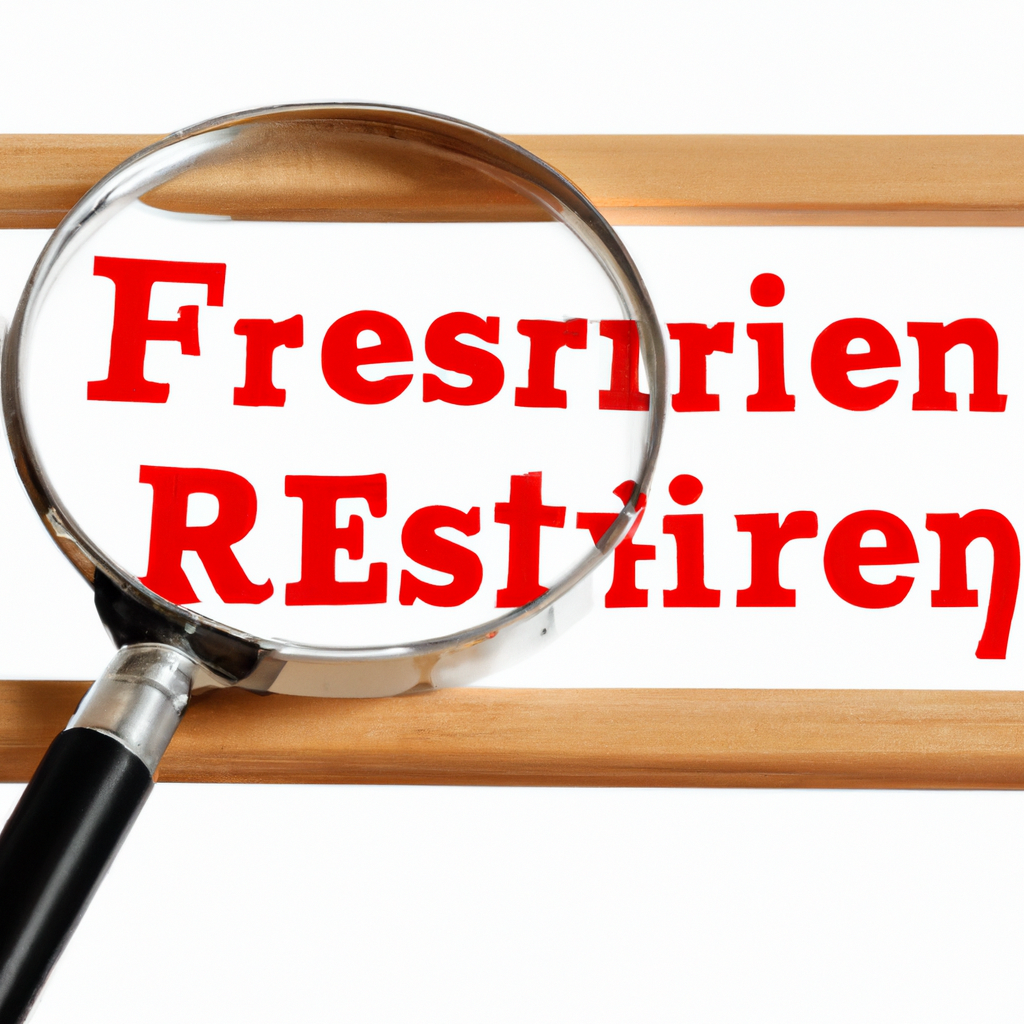Tips for Investing in Sustainable Agriculture
Investing in sustainable agriculture not only offers financial returns but also contributes to the well-being of the planet and society. As the demand for sustainable and ethically produced food continues to grow, investing in this sector has become increasingly attractive. However, like any investment, it is crucial to approach sustainable agriculture with careful consideration and strategic planning. Here are some tips to help you make informed investment decisions in sustainable agriculture:
Educate Yourself
Before diving into any investment, it is essential to educate yourself about sustainable agriculture. Understand the various aspects of the industry, such as organic farming practices, regenerative agriculture, and the latest technologies used in the field. Familiarize yourself with the challenges and opportunities that exist in sustainable agriculture to make informed investment decisions.
Identify Sustainable Agriculture Opportunities
Research and identify potential investment opportunities within the sustainable agriculture sector. This can include investing in organic farms, sustainable food production companies, or even technology startups that support sustainable agriculture practices. Look for companies or projects that align with your values and have a proven track record of success.
Assess the Environmental Impact
One of the key aspects of sustainable agriculture is its positive impact on the environment. When considering an investment, assess how the company or project contributes to environmental sustainability. Look for practices such as water conservation, soil health management, and the use of renewable energy sources. Investments that prioritize environmental sustainability are more likely to thrive in the long run.
Evaluate Social and Economic Factors
Sustainable agriculture goes beyond environmental considerations; it also encompasses social and economic aspects. Evaluate how the investment opportunity supports local communities, promotes fair labor practices, and contributes to food security. Investments that prioritize social and economic sustainability are more likely to gain support and have a positive societal impact.
Consider Risk and Return
Like any investment, it is crucial to assess the risk and potential return of investing in sustainable agriculture. Evaluate the financial stability of the company or project, analyze market trends, and consider potential risks such as weather-related challenges or market volatility. Diversify your investment portfolio to mitigate risks and maximize returns.
Engage with Industry Experts
Engaging with industry experts and professionals can provide valuable insights into the world of sustainable agriculture. Attend conferences, workshops, and networking events to connect with like-minded individuals and stay updated on the latest industry trends. Collaborate with experts who can offer guidance and help you make informed investment decisions.
Monitor and Track Performance
Once you have made an investment in sustainable agriculture, it is essential to monitor and track its performance regularly. Stay informed about the company’s financial health, market developments, and any changes in regulations or policies that may impact the industry. Regularly review your investment portfolio and make adjustments as needed.
Invest for the Long Term
Investing in sustainable agriculture is a long-term commitment. It takes time for sustainable practices to yield results and for companies to establish themselves in the market. Therefore, adopt a long-term investment strategy and avoid making hasty decisions based on short-term fluctuations. Patience and persistence are key to reaping the benefits of sustainable agriculture investments.
Investing in sustainable agriculture not only offers financial rewards but also contributes to a more sustainable and resilient food system. By following these tips and staying informed, you can make responsible investment decisions that align with your values and contribute to a better future for our planet.



